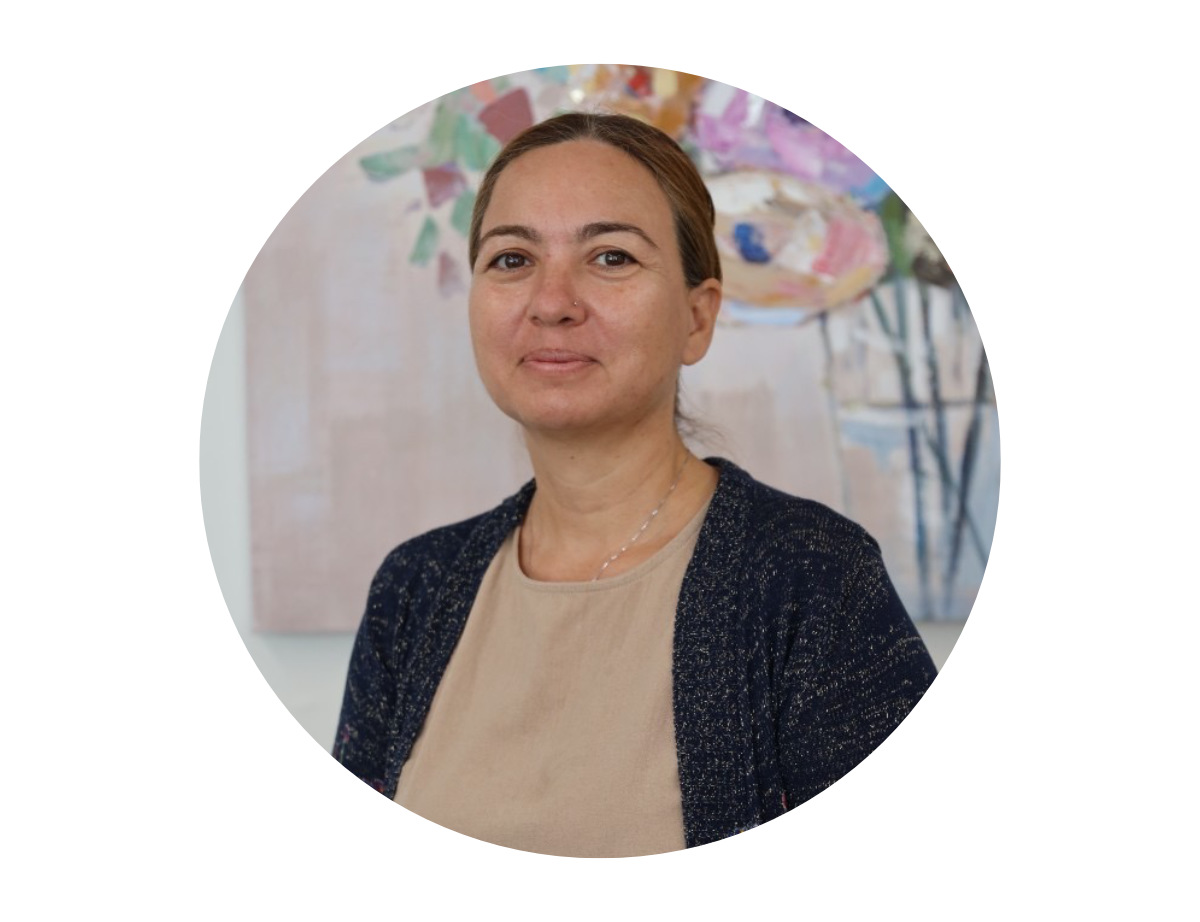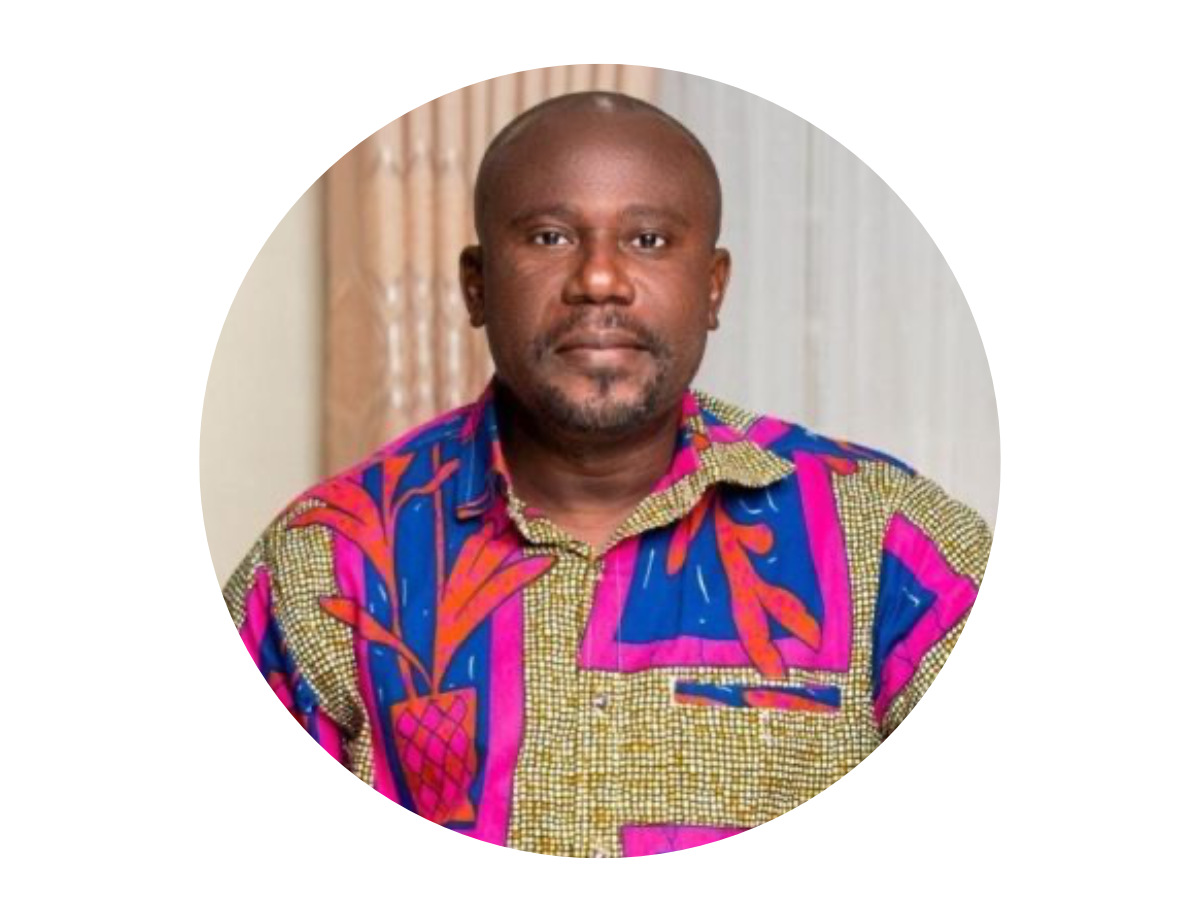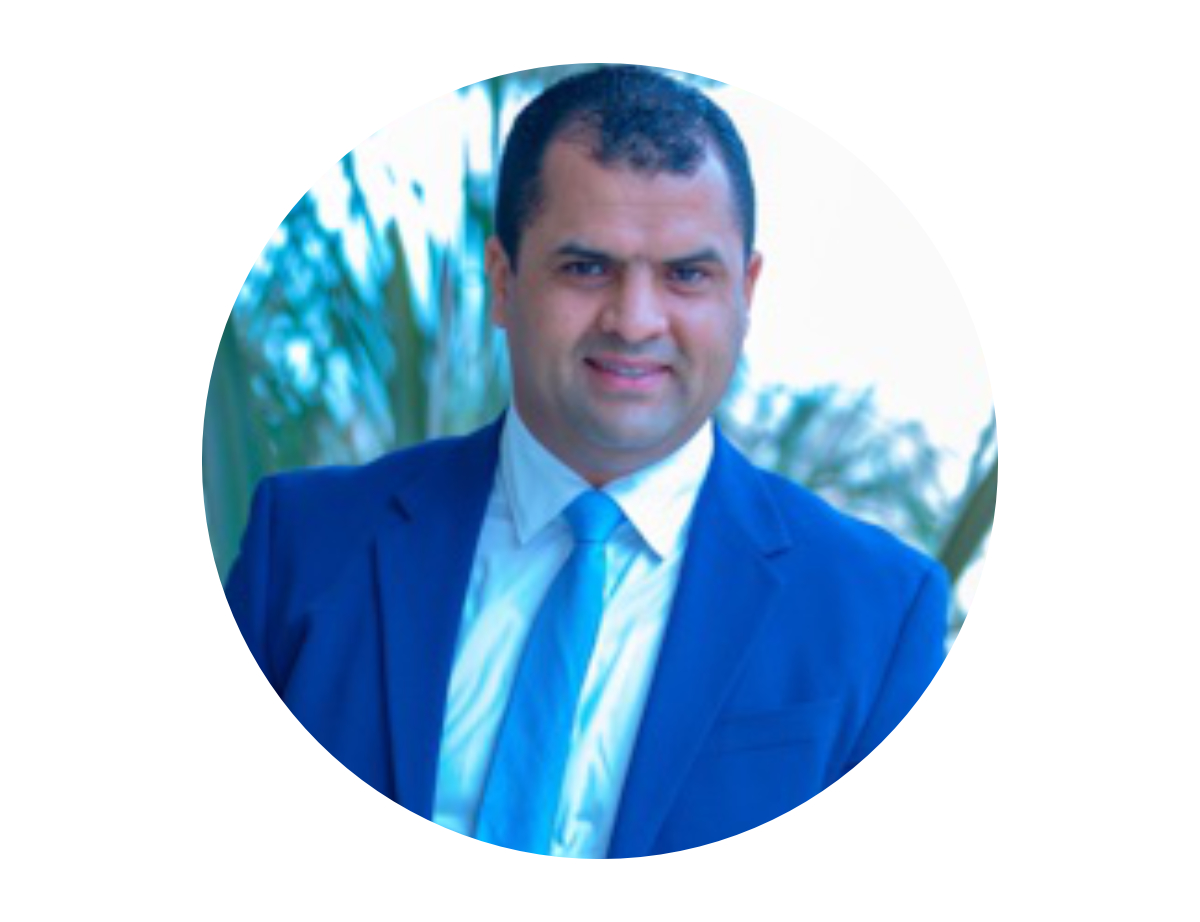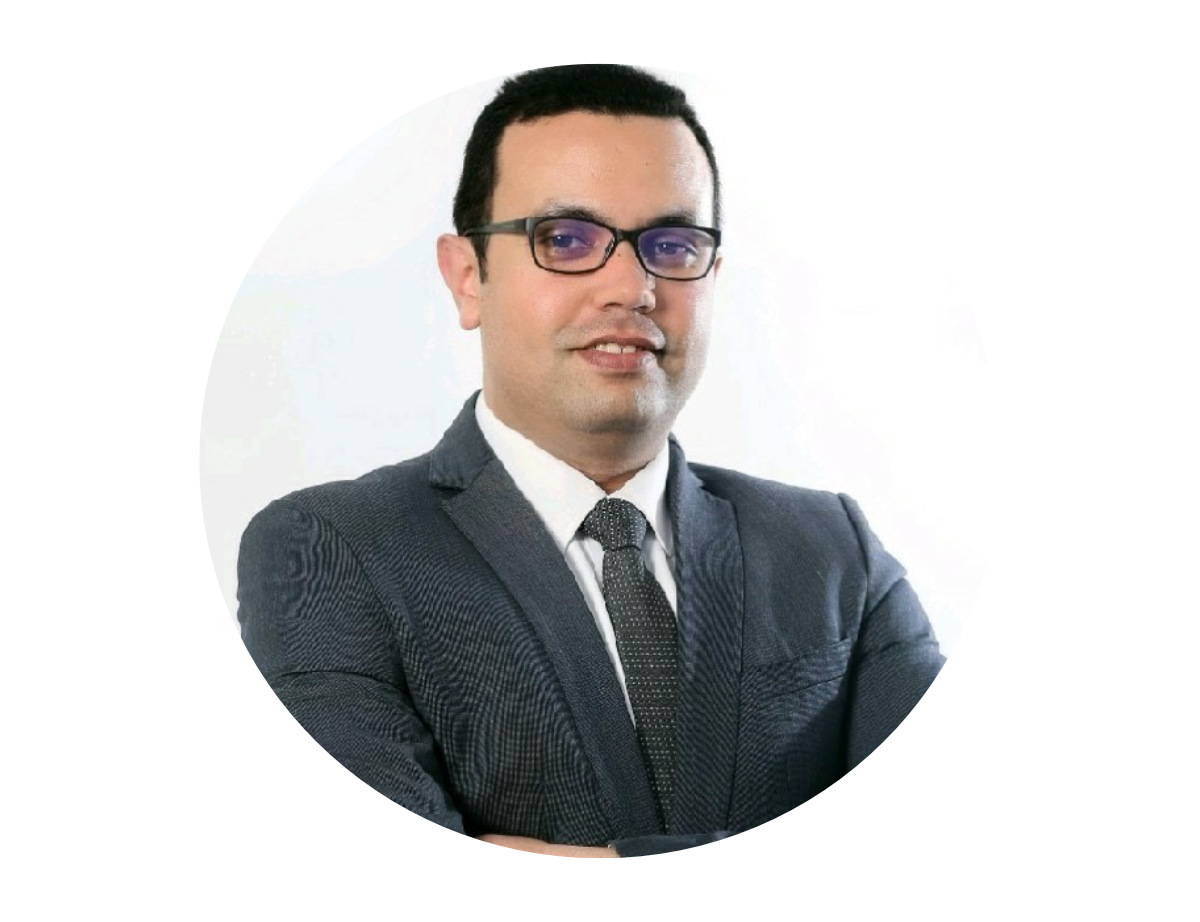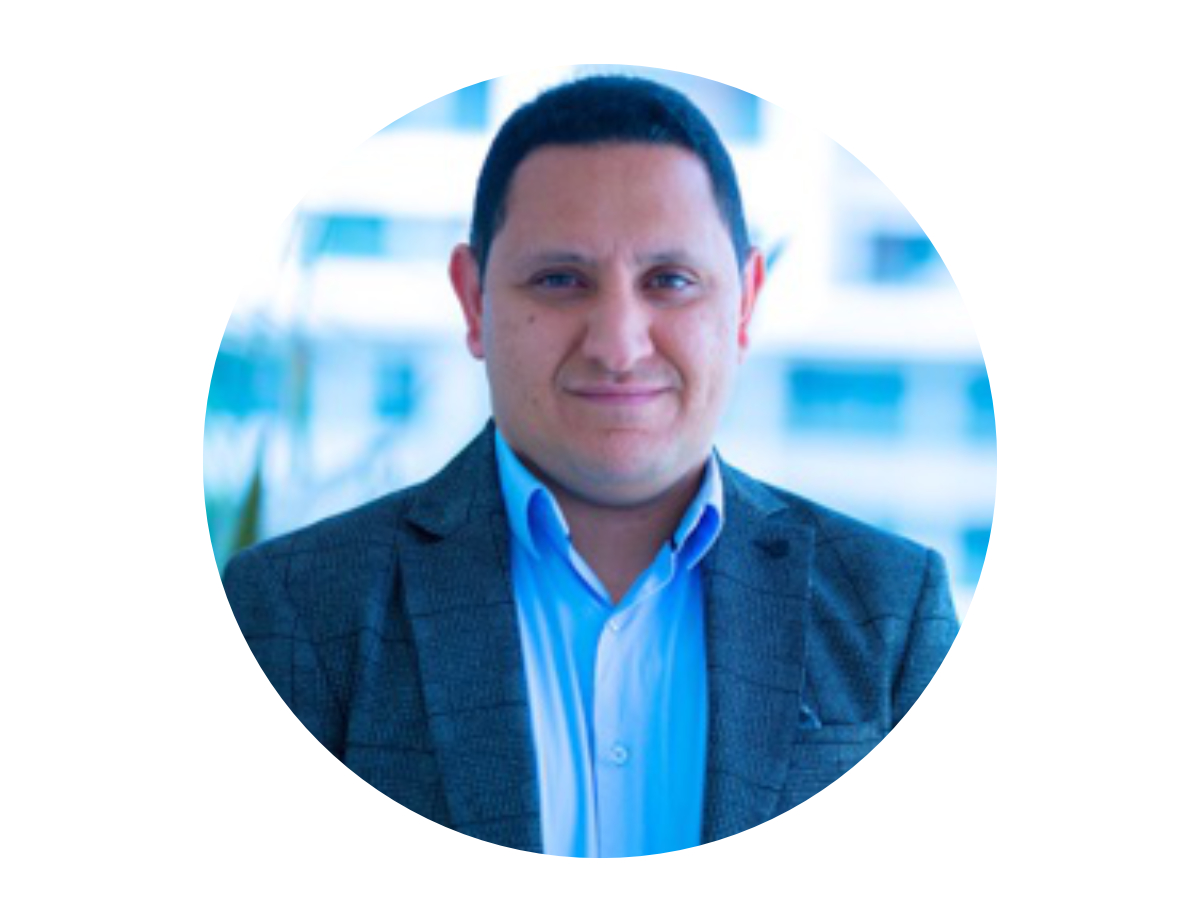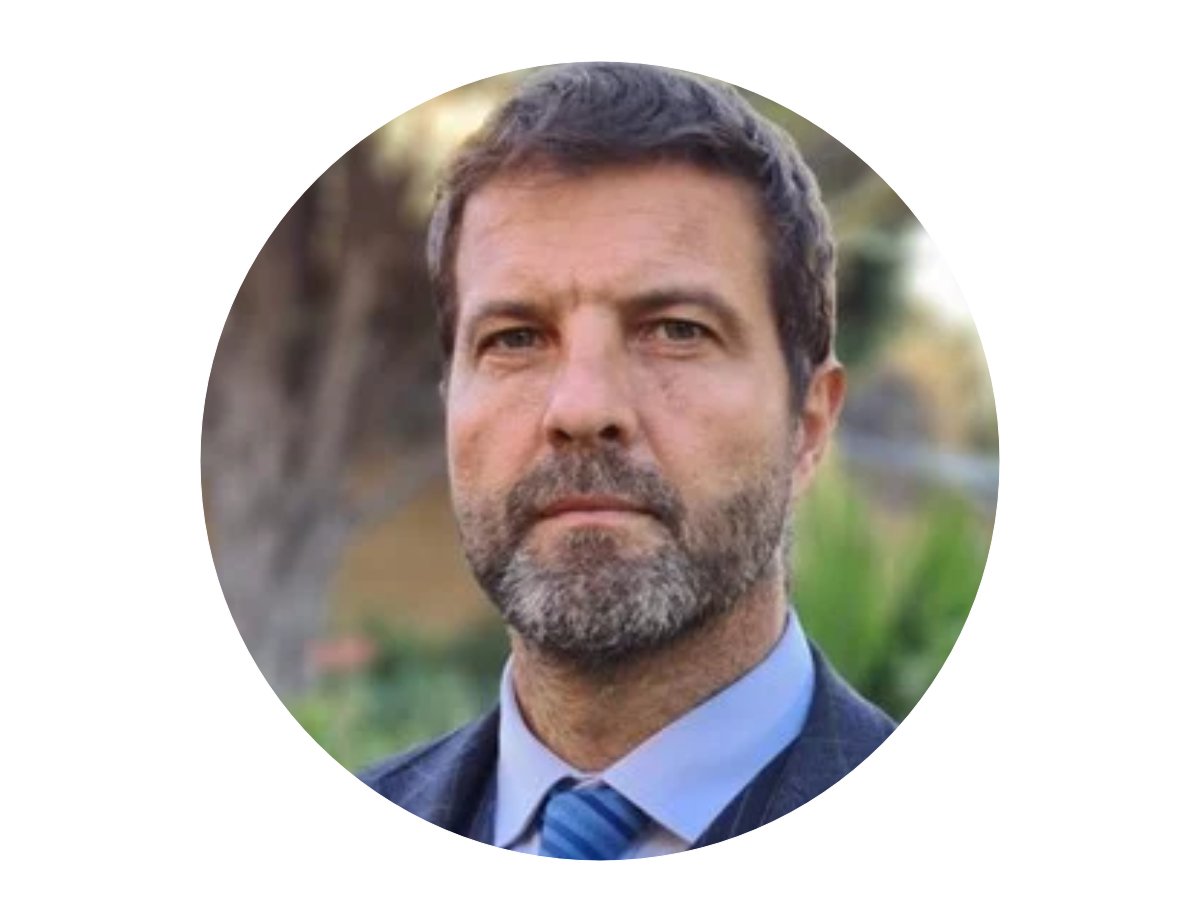
Scientific Conference Theme :
Leading the Way to Addressing Climate Change in Africa
The Role of Business Schools and Management Sciences
📆 November 23, 2023
📍ESCA Ecole de Management
Casablanca, Morocco
Call for Papers
The impacts of the global climate crisis on African economies and societies have been devastating. Water shocks, extreme weather events, prolonged droughts and accelerated sea level rise, indicate a looming hazard and irreversible alteration to the Earth’s system. In 2022, the World Meteorological Organization (WMO) warned that water stress will affect an estimated 250 million Africans, displacing up to 700 million people on the continent by 2030. In the Horn of Africa, disrupted rainfall and impending famine are exacerbating geopolitical tensions, including increased conflict and migration.
In face of this disproportionate distribution of the impacts of climate change– with Africa contributing only 2-3% of global greenhouse gas emissions, climate action must be bold, imminent, and wide-ranging, irrespective of geographies, industries, and governance systems.
Business schools can play a crucial role in addressing this crisis through both their curriculum and research efforts. By incorporating education on sustainability and climate change into their curriculum, business schools can prepare the next generation of leaders who are committed to driving positive change and finding innovative solutions to existing and future challenges. Through their research, business schools can build and disseminate the knowledge base needed to tackle climate challenges and adaptation strategies, particularly in the African context.
Despite their critical role, business schools have been slow to prioritize climate action in their strategic planning. As a result, course offerings on climate-related topics have remained fragmented and narrowly focused, often limited to concepts like sustainability and ethics (Jun and Moon, 2021), and innovative methods for teaching climate leadership are lacking (André, 2020). Research wise, leading scholars have warned against the “Climate-Proofing” of management research. They denounce how current management theories “legitimize the continuation of business as usual” and call the research community to “rethink the focus of our research and engage with new and emerging literatures and concepts that will better enable societies to undertake the complex processes of climate mitigation, adaptation, and the limitation of human suffering.” (Nyberg and Wright, 2022)
The Casablanca Climate Leadership Forum (CCLF) 2023 aims to provide an interdisciplinary space for researchers, educators, business leaders and policy designers to collectively think, challenge existing practices, and develop innovative approaches to management sciences in an era of extreme environmental turbulence. The CCLF’s scientific conference welcomes context-specific theoretical and empirical research that helps demystify the key transformations that must take place in academia and research in the management arena in order to effectively contribute to climate action in Africa.
Contributions will address questions like: Which paradigm shifts are needed in management sciences teaching and research to enable effective climate action? How do these paradigms differ in the African context? How can academic institutions in Africa better incorporate education on sustainability and climate change into their curriculum to prepare students for the challenges of the future? How can African businesses, academic institutions, and policymakers collaborate to ensure a just and equitable transition to a low-carbon economy? What are the most promising technologies or innovations that could be applied to address climate-related challenges on the continent? What is the role of indigenous knowledge and practices in addressing climate change? How can African academic institutions and international organizations collaborate to mobilize funding and resources for climate action? What are the most effective ways to raise awareness among the general public in Africa about the urgency and importance of climate action?
Topics
The CCLF’s scientific conference invites both conceptual papers that highlight novel theoretical developments needed to address climate-related challenges, and empirical contributions on innovative practices in leading climate action in various management fields. These topics include, but are not limited to :
- Accueil /
- Conference casablanca climate leadership forum 2023
Strategy & Organization
- Role of strategic leadership in driving climate action in organizations;
- Corporate governance structures and climate-related decision-making;
- Climate risk management and strategic planning;
- Sustainable business models and strategies;
- Organizational culture and climate action;
- Climate reporting and organizational behavior;
- Organizational innovation and climate change adaptation or mitigation;
- Etc.
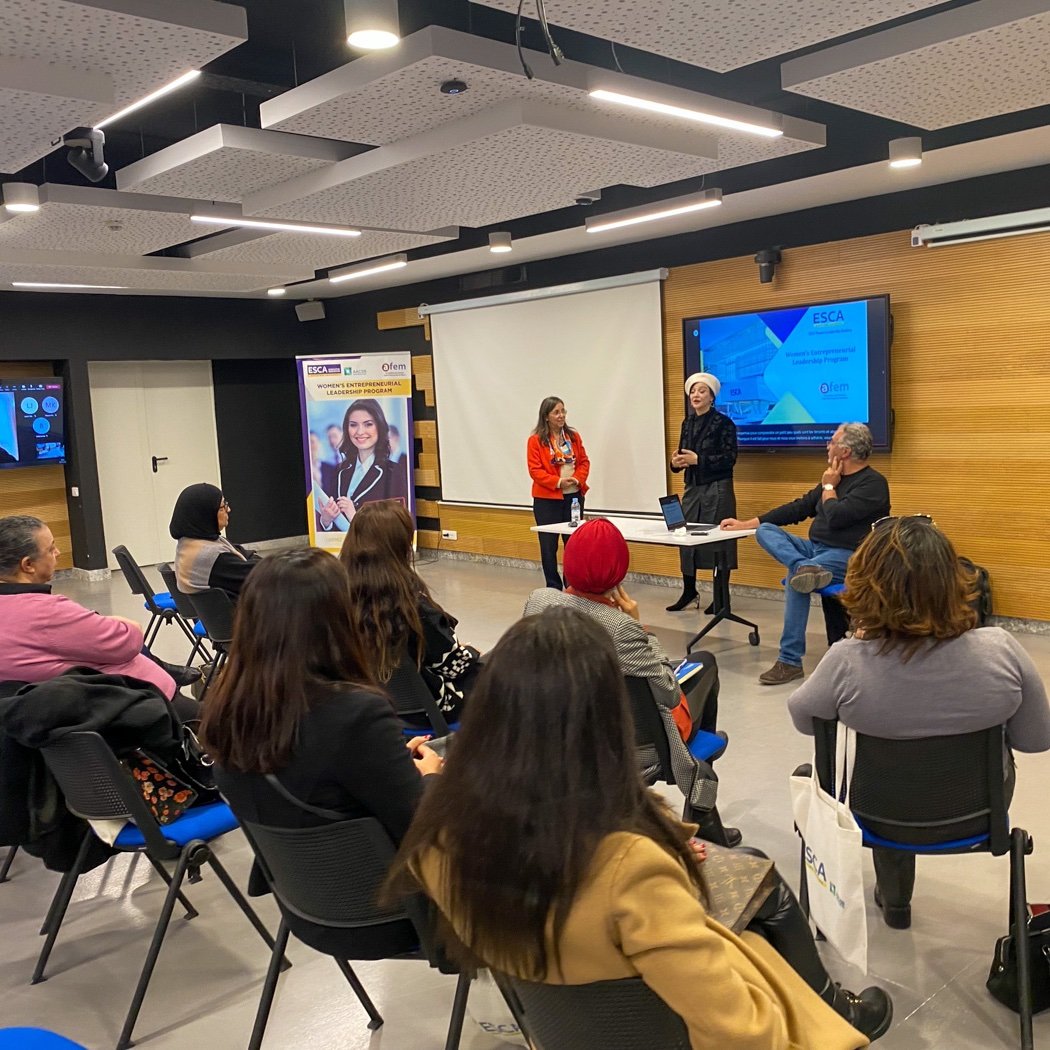
Finance
- Role of financial education and literacy in promoting sustainable financial practices;
- Impact investing and sustainable finance;
- Innovative financial instruments to support climate change mitigation and adaptation;
- Financial regulation and sustainable finance and investments;
- Climate risk assessments, financial decision-making, and risk management processes;
- Sustainable investment strategies and portfolios;
- Impact of carbon pricing and environmental regulations on corporate finance and investment decisions;
- Corporate leverage and climate risk;
- Etc.
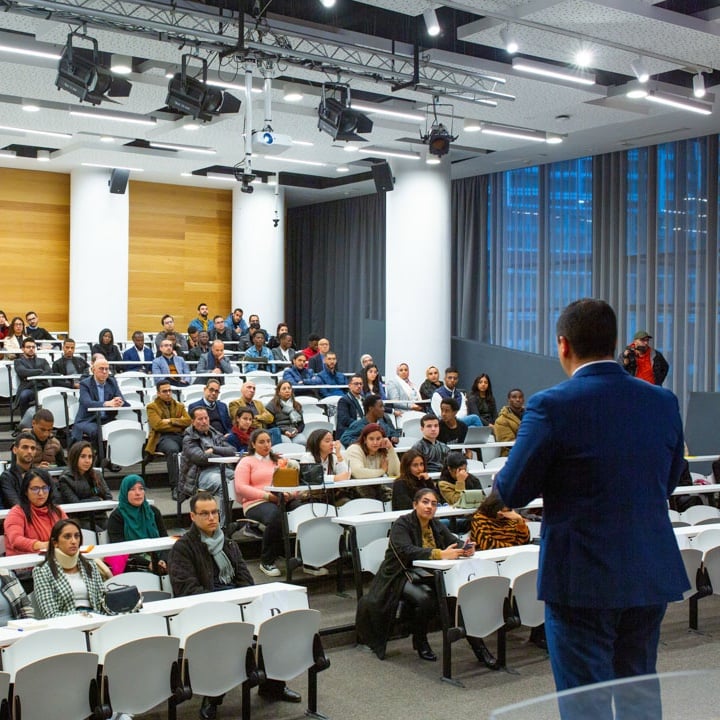
Human Resources Management
- Green work-climate perceptions in Africa;
- Pro-environmental human capital management practices;
- Climate change and workforce planning and talent management strategies;
- Sustainability-related performance management and reward systems;
- Employee well-being and environmental sustainability;
- Etc.
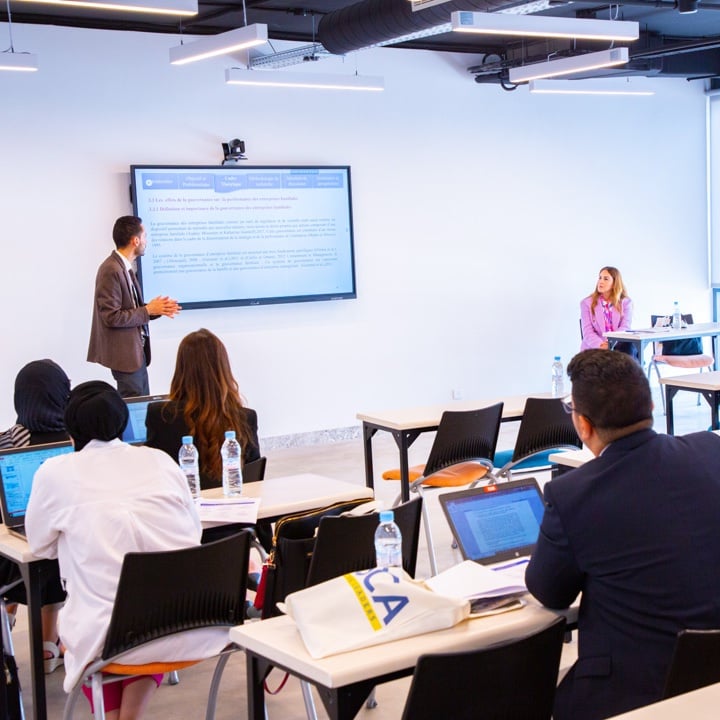
Marketing
- Green marketing innovation;
- Sustainable consumption;
- Green advertising and communication strategies;
- Eco-labeling and consumer behavior;
- Climate change and consumer preferences;
- Digital marketing and sustainable consumption;
- Etc.

Supply Chain
- Climate change and supply chain risks and resilience;
- Sustainable sourcing and procurement strategies;
- supply chain collaboration to promote climate action;
- Supply chain disruptions and crisis management;
- Green supply chain management;
- Sustainable distribution and logistics strategies to reduce carbon emissions;
- Circular economy and closed-loop supply chain management;
- Etc.

Submission Types
The conference welcomes a wide range of submission types to reach a large community and enrich the discussion among various stakeholders. Submission types include:
• Full Scientific Paper :
We welcome submissions of full papers on a wide range of topics related to the conference theme. Submitted papers will undergo a rigorous peer-review process, and accepted papers will be presented at the conference. Best papers from the conference will be considered for publication in Management & Sustainability: An Arab Review (MSAR). MSAR is a journal referenced by Emerald Publishing, known for its excellent quality and recognized with the esteemed Triple E Award by the Accreditation Council for Entrepreneurial and Engaged Universities, based in Germany.
Acceptance for the conference does not guarantee publication in the journal. All submitted papers will undergo the journal's standard peer-review process, which includes a preselection by the conference's Scientific Committee. Only those papers meeting the journal's rigorous publication criteria will be considered for publication.
• Extended Abstract of a Scientific Paper :
Researchers are invited to submit an extended abstract of an original paper, of 500 - 800 words, clear, concise, and written in French or English. The extended abstract should clearly mention the research problem and purpose, the theoretical framework, the methodology, the key findings, the implications, and the main references.
The extended abstracts will be evaluated through a double-blind process with at least two reviewers.
• Digital Poster :
The conference committee welcomes participations through digital poster presentations. Digital posters are an excellent opportunity to showcase research in a visually engaging format and receive feedback from peers. We encourage poster submissions on a wide range of topics related to the conference theme. Accepted posters will be displayed on our virtual conference platform, and presenters will have the chance to discuss their work with attendees in a dedicated poster session.
• Doctoral Workshop :
The doctoral workshop is open to all Ph.D. students in management sciences who are at an intermediate stage of research in various management areas. This doctoral workshop allows doctoral students to present their thesis progress in front of renowned academics and to receive feedback on their research (theoretical framework, the set of the research question, methodological choices, etc.) from researchers and thesis supervisors who are experienced in the field.
Interested Ph.D. students should submit their thesis progress report in a ten-page document specifying the research design (research question, conceptual and theoretical framework, methodology, results to date, planning, and implications.)
BS4CL AFRICA
Business Schools for Climate Leadership (BS4CL) Africa is an initiative that brings together six leading African business schools to build a collaborative framework for climate action in management education, in conjunction with the private sector and civil society, mirroring the ambitions of the UN Climate Conferences COP27 and COP 28. These business schools are The American University in Cairo, Egypt, ESCA Ecole de Management in Morocco, the Gordon Institute of Business Science in South Africa, Lagos Business School in Nigeria, the School of Tourism and Hospitality at Strathmore University in Kenya, and Stellenbosch Business School in South Africa.
BS4CL Africa was launched as part of the Deans’ Roundtable which was hosted by the American University in Cairo on the side-lines of COP 27 in November 2022, and which gathered deans from the six business schools and representatives from the African Chapter of the Principles for Responsible Management Education (PRME) and the European Business Schools for Climate Leadership (BS4CL).
AWARD CEREMONY
The organizing committee is thrilled to announce that the CCLF 2023 will hold an Award Ceremony to recognize the top three contributions made by participants. The ceremony will take place on November 24th at the Grand Auditorium, with distinguished leaders from government, business, academia, and civil society. This is a unique opportunity for participants to share their research with influential figures in their field. The winners will be presented with Climate Leadership Trophies to honor their outstanding contributions to climate research. They will also have the opportunity to showcase their work to the audience and engage with other attendees.
FORMAT
The CCLF 2023 will be held in hybrid format, offering both in-person and online participation options. Presenters can choose to participate either in person or online, according to their preference. For those who choose to participate online, ESCA Ecole de Management will provide a state-of-the-art virtual platform to ensure a seamless and engaging experience.
TIMELINE AND SUBMISSION PROCESS
Conference Date and Venue :
November 23, 2023
ESCA Ecole de Management, Casablanca, Morocco
Conference Submissions :
Conference submissions should be made at: CCLF2023@esca.ma
Submission Deadline – extended: September 29, 2023
Notification to authors: October 10, 2023
Special Issue Submissions :
Submissions of full papers for the Special Issue should be made following the MSAR Scholar One platform at : https://mc.manuscriptcentral.com/msar
Submission deadline: January 31st, 2023*
Notification to authors: April 15th, 2024*
*Dates might be subject to change. Modified dates will be posted on MSAR’s website at: https://www.emeraldgrouppublishing.com/journal/msar and on the journal’s social media platforms.
LOGISTICAL ASSISTANCE
The ESCA team will be pleased to assist international participants with their Visa process, including providing invitation letters as needed. The team will also offer guidance on transportation and accommodations to ensure a comfortable and enjoyable experience. Furthermore, information on cultural visits and tourist tours will be shared on the Call for Papers’ web page, so participants can make the most of their time in Casablanca.
References :
André, R. (2020). Teaching climate leadership: Promoting integrative learning in courses on strong sustainability. Journal of Management Education, 44(6), 766-793.
Nyberg, D., & Wright, C. (2022). Climate-proofing management research. Academy of Management Perspectives, 36(2), 713-728.
WMO - State of the Climate in Africa 2020 (WMO-No. 1275)
https://library.wmo.int/index.php?lvl=notice_display&id=21973#.ZDFo2XbP02w
Scientific Committee

Dr. Fadwa Chaker
Chair
Scientific and Organizing Committee
Formez vos équipes
Lorem ipsum dolor sit amet, consectetur adipiscing elit.
Lorem Ipsum is simply dummy text of the printing and typesetting industry. Lorem Ipsum has been the industry's standard dummy text ever since the 1500s, when an unknown printer took a galley of type and scrambled it to make a type specimen book. It has survived not only five centuries, but also the leap into electronic typesetting, remaining essentially unchanged. It was popularised in the 1960s with the release but also the leap into electronic typesetting, remaining essentially unchanged. It was popularised in the 1960s with the release

Lorem ipsum dolor sit amet, consectetur adipiscing elit.
Lorem Ipsum is simply dummy text of the printing and typesetting industry. Lorem Ipsum has been the industry's standard dummy text ever since the 1500s, when an unknown printer took a galley of type and scrambled it to make a type specimen book. It has survived not only five centuries, but also the leap into electronic typesetting, remaining essentially unchanged. It was popularised in the 1960s with the release but also the leap into electronic typesetting, remaining essentially unchanged. It was popularised in the 1960s with the release
%201.png?width=697&height=467&name=Man-wearing-t-shirt-gesturing-transformed%20(1)%201.png)
Lorem ipsum dolor sit amet, consectetur adipiscing elit.
Lorem Ipsum is simply dummy text of the printing and typesetting industry. Lorem Ipsum has been the industry's standard dummy text ever since the 1500s, when an unknown printer took a galley of type and scrambled it to make a type specimen book. It has survived not only five centuries, but also the leap into electronic typesetting, remaining essentially unchanged. It was popularised in the 1960s with the release but also the leap into electronic typesetting, remaining essentially unchanged. It was popularised in the 1960s with the release

Lorem ipsum dolor sit amet, consectetur adipiscing elit.
Lorem Ipsum is simply dummy text of the printing and typesetting industry. Lorem Ipsum has been the industry's standard dummy text ever since the 1500s, when an unknown printer took a galley of type and scrambled it to make a type specimen book. It has survived not only five centuries, but also the leap into electronic typesetting, remaining essentially unchanged. It was popularised in the 1960s with the release but also the leap into electronic typesetting, remaining essentially unchanged. It was popularised in the 1960s with the release
%201.png?width=697&height=467&name=Man-wearing-t-shirt-gesturing-transformed%20(1)%201.png)
ESCA Campus
Nos partenaires internationaux en chiffres
Partenaires Internationaux
Lorem ipsum dolor sit amet, consectetur adipiscing elit.

Nos lauréats Témoignent
Accréditations & Classement Institutionnel
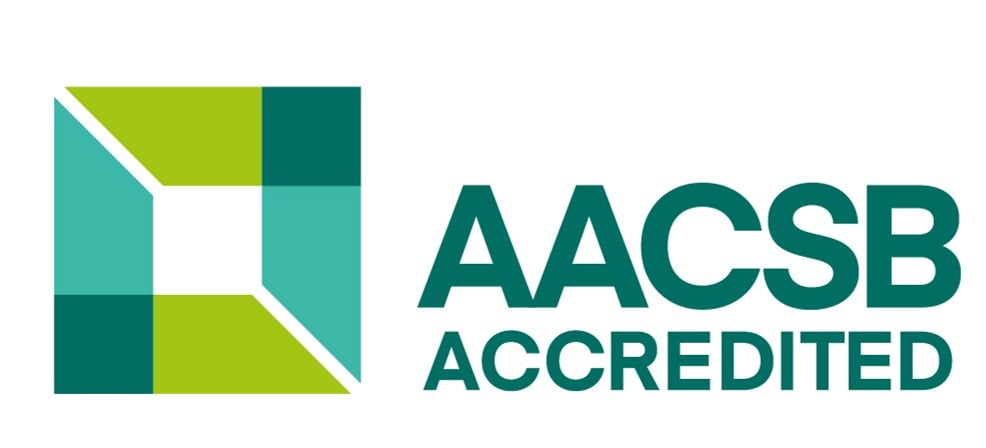

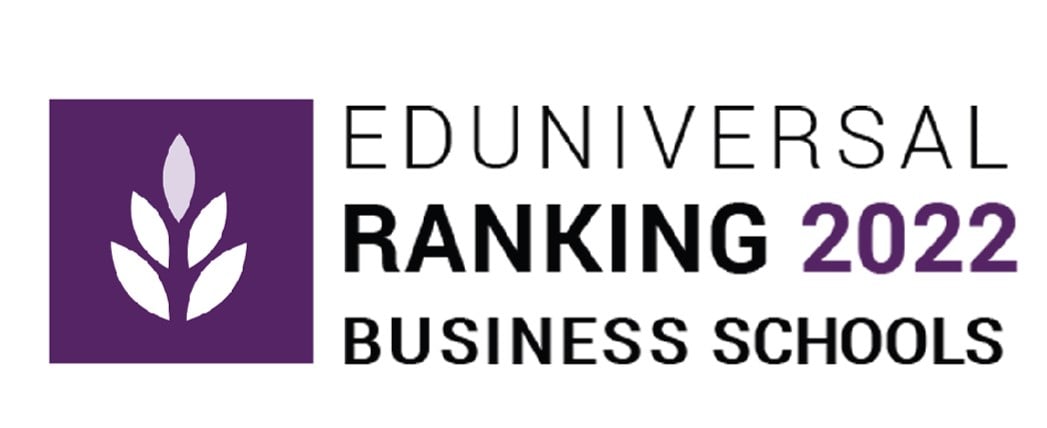

.png)
